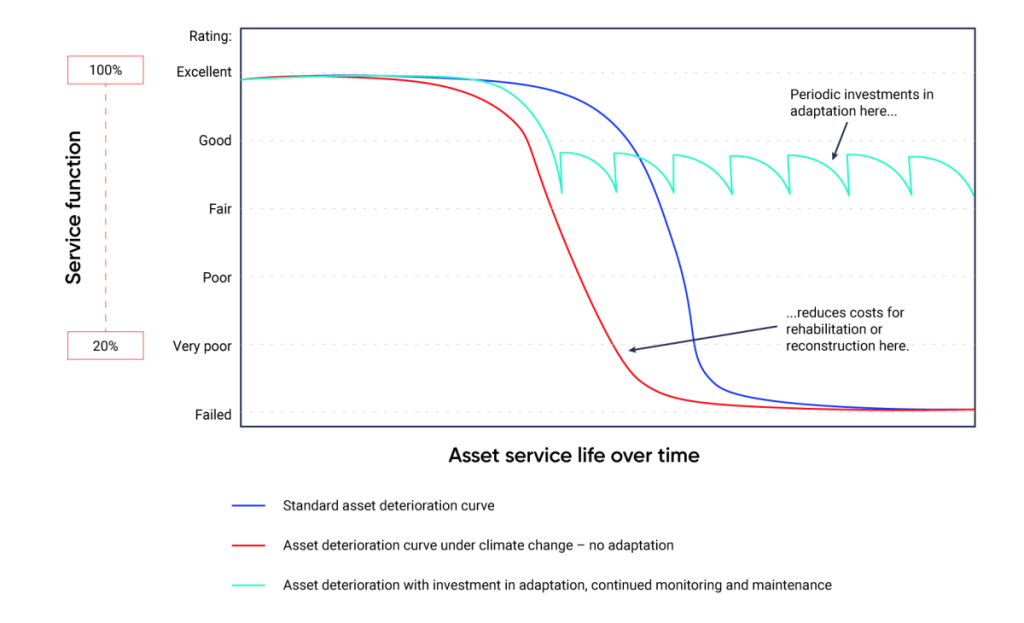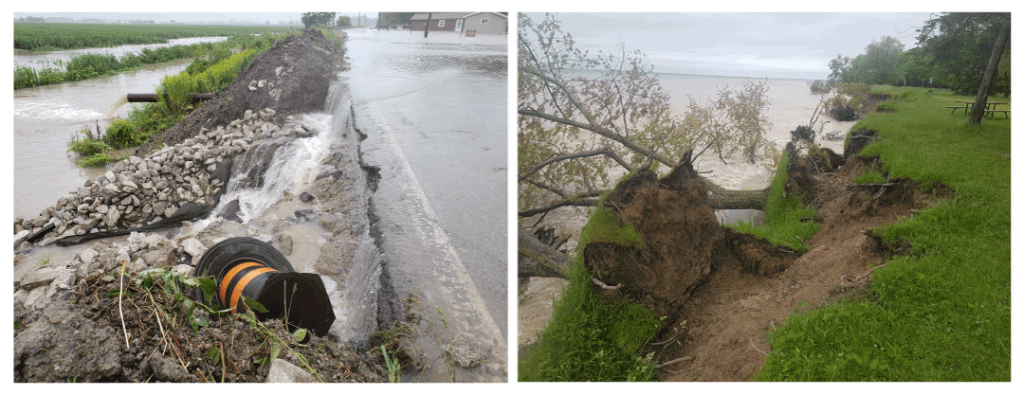Sunday, July 6, 2025
Minister of Natural Resources, Jonathan Wilkinson, has released the Ontario Chapter of the Canada in a Changing Climate: Regional Perspectives Report to help inform and support adaptation to climate change in Ontario.
According to the report, temperatures are increasing in the province, with the greatest warming observed in Northern Ontario and the largest increases occurring in the winter. With further warming, heat waves are projected to become more frequent. Annual precipitation is projected to increase along with extreme precipitation events, resulting in increased risk of flooding. Lake levels in the Great Lakes have been highly variable, experiencing both record lows and extreme highs. These changes are affecting Ontario’s communities, environment and economy.
“Today’s report confirms that Ontario, like every region of Canada, is facing significant climate challenges, from exacerbated health inequities to increasingly at-risk infrastructure,” said Wilkinson. “That is why our government is examining the regional effects of our changing climate: to better enable informed decision-making to prepare for, and respond to, climate impacts. With these reports, we are ensuring that Canadians have access to credible, evidence-based information, information that will go on to inform their choices as well as our own as we develop Canada’s first National Adaptation Strategy.”

This new chapter also highlights the wide range of climate impacts that Ontario is facing and how the province is adapting. It reveals that Ontario’s infrastructure is vulnerable to climate change and that nature-based solutions help address climate change impacts on biodiversity and ecosystem services. Impacts on biodiversity are magnified through the cumulative effects of climate change, habitat loss, urbanization, pollution and other threats. In the Great Lakes Basin, adaptive management is key for addressing climate change impacts, and adaptation measures improve forest health, carbon storage and biodiversity.
Climate change brings both threats and opportunities to Ontario agriculture and food systems, while existing human health inequities will be worsened by climate change. The chapter also concludes that while adaptation is occurring, progress remains limited.
The report is a part of Canada in a Changing Climate: Advancing our Knowledge for Action, Canada’s National Knowledge Assessment of how and why Canada’s climate is changing, the impacts of these changes and how we are adapting. The assessment reports raise awareness and understanding of the key issues facing our country and provide information to support sound adaptation decisions and actions. The Government of Canada is also working with partners in Ontario and across the country on the development of the country’s first National Adaptation Strategy, a whole-of-society blueprint for coordinated action to ensure communities and Canadians are prepared for the impacts of climate change.

Left: eroding bluffs along Lake Erie at Wheatley Provincial Park in 2018. Right: August 27, 2019 flooding at Erie Shore Drive. Increased shoreline erosion and flood risk are attributed to changes in lake levels, ice cover and exposure to wave energy. Credit: Zuzek, 2020.
By ensuring people in Ontario have access to credible, evidence-based information, this resource will enable them to make more informed decisions to prepare for, and respond to, climate change impacts.
A webinar on August 17 followed the official release of the Ontario Chapter of the Regional Perspectives Report. The authors from the Climate Risk Institute provided an overview of how climate change is affecting Ontario and how communities and sectors are increasingly taking action to adapt.
“Across Ontario, communities are facing challenges from a changing climate. Important evidence-based information, such as in this report, can help communities prepare. We are working with partners to develop Canada’s first National Adaptation Strategy,” said Steven Guilbeault, Minister of Environment and Climate Change.
“The Strategy will help support whole-of-society action to address and better prepare for the impacts of a changing climate including communities, the natural environment and the economy. We can and we must do both mitigation and adaptation — play both offence and defence — for a complete effort.”
Featured image: Glow and haze from wildfire during the evacuation of Pikangikum, Ontario on July 10, 2021. Photo courtesy of Mandi Chan-Peters.











